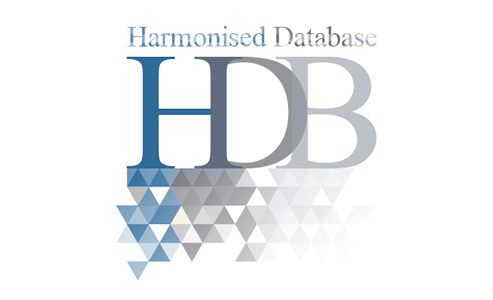The coronavirus outbreak is testing the EU in ways that would have been unthinkable only months ago. Along with the human cost of lives lost, the hit to the EU economy has been severe. Ahead of a vote on plans to revise the EU’s post-2020 budget, the chair of Parliament’s budget committee Johan Van Overtveldt warned the economic recovery would be “slow and gradual” and that the prediction of a 7.5% decline in economic activity this year is a “mild forecast”.
EU response to the coronavirus
In an interview on Parliament’s Facebook page, the Belgian ECR member noted there is still a great deal of incertitude: “Not even in wartime has economic life come to a halt with such suddenness. There is so much uncertainty: will there be a relapse? Will there be a second round of lockdowns? What will the mood of investors and consumers be?”
Since the outset, the EU has been mobilising all means available to help member states reinforce their health sectors and mitigate the socio-economic impact of the virus. Parliament has also called for a larges-cale recovery package to support Europe’s economy after the crisis. Van Overtveldt stressed that this must be embedded in the EU’s long-term budget: “The recovery fund should be substantial but it should also be part of the next [ budget], for 2021-2027 and not something apart.”
Need for contingency plans
With the EU’s current long-term budget set to end in December, Van Overtveldt underlined the importance of a contingency plan in case of failure to reach agreement on the post-2020 budget in time: “When we get into June, time becomes short to get the [budget] approved and up and running in time and a discontinuity of current EU programmes would be very bad for citizens and for the reputation and political coherence of the EU.”
The budget committee chair urged other EU institutions to take note of Parliament’s stance: “The consent of Parliament has to be obtained and that surely is much less a sure thing than it was with the outgoing [long-term budget], so the Commission and Council should take notice of what the Parliament is aiming for. In the interest of citizens, Parliament will ensure that the [long-term budget] and recovery fund are the best possible responses to the severe crisis we see now and that will have consequences for many years.”
Solidarity and responsibility
Commenting on comparisons between the Covid-19 recovery and the post-war Marshall Plan, Van Overtveldt said: “At this point, what has been done by Europe and certainly when the recovery fund to the tune of let’s say €1 trillion comes on top, we will be doing more than was done with the Marshall Plan.”
The European Commission is expected to table proposals on the recovery fund shortly, but there are already deep divisions on, for example, whether countries should be given loans or grants. In order to find a solution that can be agreed by all sides, Van Overtveldt said there must be a compromise: “There has to be solidarity, certainly, vis-à-vis the countries hardest hit by Covid-19, but there also has to be responsibility. Just throwing money around is never a solution. The big challenge will be to find the right balance.”
Greening the economy
The need for a significant stimulus to reboot the EU economy comes at a time when voices calling for increased green investment are also on the rise. Parliament is insisting that climate action is at the core of the post-pandemic recovery. Van Overtveldt described the Commission’s Green Deal as “a start”, but warned that the proposals are “incomplete and dangerously underfinanced”.
He also referred to the potential for “greening” the EU economy through agriculture and cohesion funding which account for roughly two thirds of the EU budget. He stressed the importance of improving the resilience of the EU economy, and making it better equipped to deal with emergencies like Covid-19: “What it’s all about at the end of the day is what you can achieve to increase the wellbeing and welfare of EU citizens. That’s the only relevant issue.”
Watch the full interview with budget committee chair Johan Van Overtveldt.
Parliament votes this week on a resolution on the EU’s planned new long-term budget. To ensure democratic scrutiny and accountability, MEPs will insist on safeguarding Parliament’s role.
MEPs are also expected to request that the Commission prepares a contingency plan to avoid disruption for farmers, companies and organisations counting on EU funds in the event that approval of the long-term budget is delayed.
Learn more


